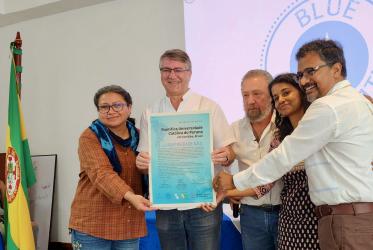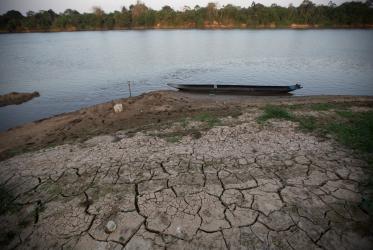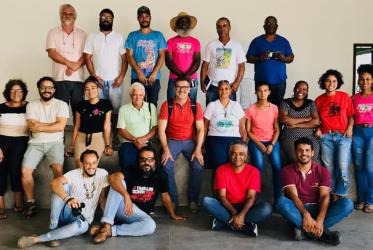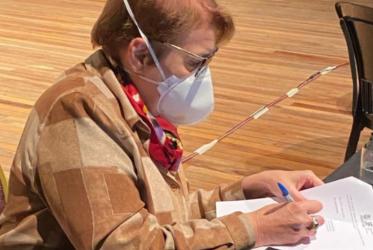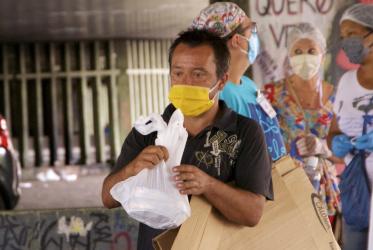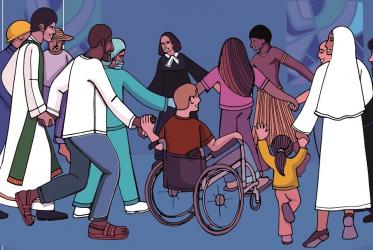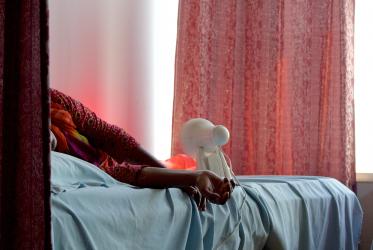Displaying 1 - 20 of 96
17 April 2024
Brazilian ecumenical water network launched
29 July 2021
Pulling together for a living River Pardo
02 July 2021
WCC podcast deals with death and dying
15 December 2020
Brazilian churches call for transformative racial justice
23 November 2020

